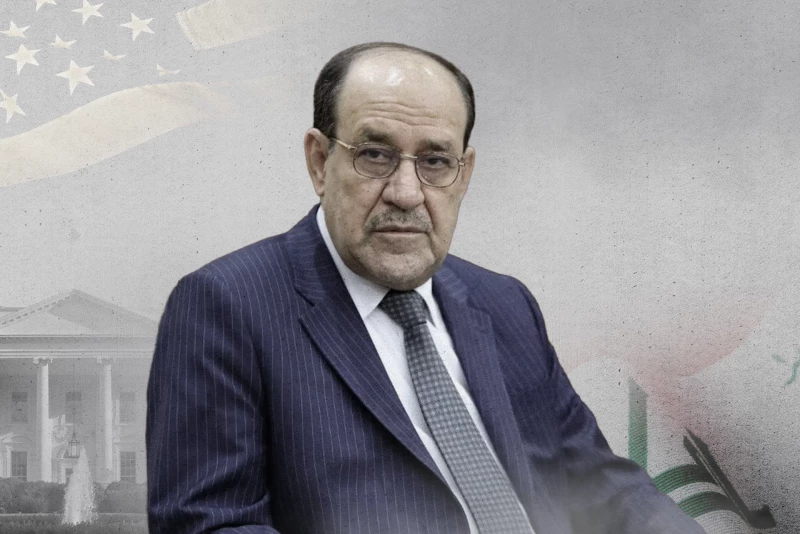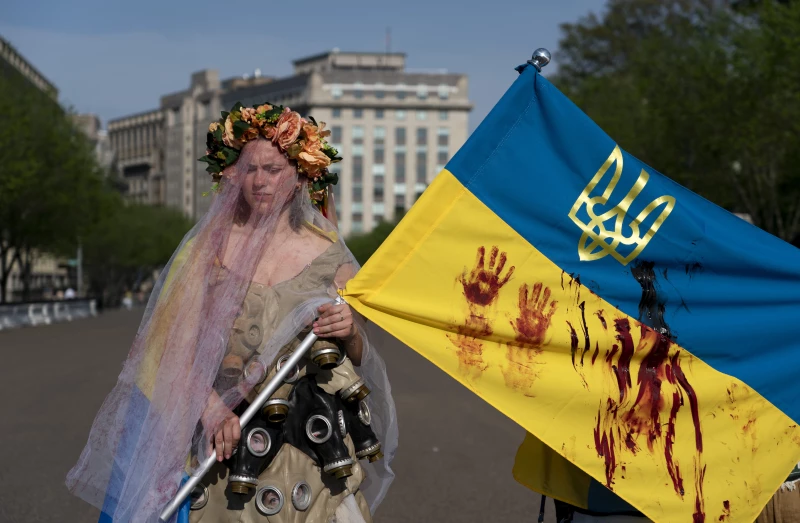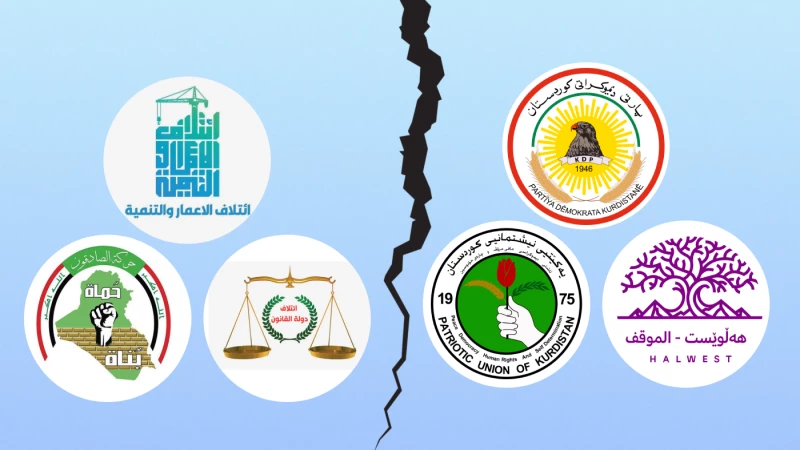The departure of Iranian President Ebrahim Raisi will have significant domestic, regional, and international impacts due to his senior position and long-standing influence in Iran's politics.
Raisi was a prominent cleric and politician within the clerical circle affiliated with the regime and conservative movement, holding senior positions such as Head of the Judiciary, Prosecutor-General, First Deputy of the Assembly of Experts for selecting the Supreme Leader, and was considered one of the potential candidates to succeed Supreme Leader Ayatollah Ali Khamenei.
His presidency was marked by significant changes in Iran's domestic, regional, and international policies. His death in a helicopter crash, occurring a year before the end of his term, presents challenges for the political system and will have a profound impact on the future of Iran.
His Vice President, Muhammad Mokhber, is currently serving as the Acting President, and a committee comprised of Mokhber, the Parliament Speaker, and the Head of Judiciary will oversee preparations for the upcoming elections, as mandated by the constitution.
Domestic implications
Despite widespread and prolonged protests during his presidency, Raisi enjoyed strong support from a significant minority ideologically aligned with the regime.
In contrast to many of his predecessors, he was in complete alignment with the Supreme Leader’s directives, fostering a system characterized by full consistency and minimal conflict among its various components.
During Raisi's presidency, Iran continued to grapple with severe sanctions, posing significant challenges for his government and the nation as a whole.
However, his administration demonstrated relative success in navigating these obstacles by employing various methods to circumvent the sanctions, securing funds, and importing essential goods.
Despite the economic hardships, Iran managed to maintain a better condition compared to similar countries facing similar sanctions.
His potential candidacy for the Supreme Leader position held the potential to ensure a smooth transition of power and foster stability in the post-Khamenei era.
His influential position within conservative circles suggested that whether successful or not in taking the position, his opinions would have likely carried significant weight in the selection process for the next Supreme Leader.
While the country has generally maintained a stable and relatively robust security environment, allowing it to withstand various internal and external challenges, recent escalations in the Israel-Iran conflict and other regional and international security concerns present significant new challenges.
In such circumstances, it appears unlikely that the regime would risk a significant departure from its conservative stance in nominating and supporting the next president.
Consequently, the incoming administration is expected to maintain a conservative government closely aligned with the Supreme Leader.
However, historical trends in Iran's power transitions suggest a tendency to alternate between conservative and reformist leadership to foster a vibrant political dynamic and enhance public legitimacy.
Therefore, it is probable that the new president will be selected from a moderate conservative circle, possibly with connections to reformists, while remaining firmly aligned with the Supreme Leader.
Regional implications
Raisi shifted Iran’s foreign policy focus from the West towards the region, prioritizing reconciliation and normalization of relations with neighboring and regional countries.
This marks a departure from his predecessor, Hassan Rouhani, who prioritized building and improving relations with European countries and other Western powers.
During his presidency, Iraq facilitated five rounds of negotiations between Saudi Arabia and Iran, culminating in a historic agreement brokered in 2023 in Beijing, with China playing a pivotal role in finalizing the deal and ending seven years of severed diplomatic ties.
The agreement sparked rapid growth in relations between Iraq and Saudi Arabia, resulting in the reopening of diplomatic facilities, the resumption of the Hajj pilgrimage, and the organization of sports and cultural events, along with a burgeoning interest in investment and economic partnerships.
Additionally, Iraq hosted three rounds of talks between Iran and Jordan and acted as a mediator between Iran and Egypt, aiming to foster closer ties and enhance their relationship.
As a former strategic advisor to the then Iraqi prime minister, actively participating in and closely observing the negotiations, it became evident to me that Iranians are strategically reassessing their approach to the region, envisioning a new era marked by partnership and cooperation rather than conflict and discord, which would ultimately benefit all parties involved and counter common enemies or rivals.
Iran's regional policy under Raisi witnessed a notable decrease in sectarian tensions, ending the seven-year Yemeni war, efforts to facilitate Syria's reintegration into the Arab world, and enhanced stability in Iraq.
Iran will most likely persist in this policy post-Raisi, possibly even amplifying its efforts, as it showed success for Iran and brought benefits domestically and regionally.
International implications
On the international stage, Iran during Raisi's presidency continued and bolstered its 'Looking to the East' policy, strongly supported by the Supreme Leader.
This resulted in closer ties with China, including increased economic cooperation and the development of the Comprehensive Strategic Partnership between Iran and China, which was signed shortly before the end of Hassan Rouhani's term.
Concurrently, Iran's relationship with Russia saw significant development, leading to diversified cooperation between the two nations, not only bilaterally but also in regional and international affairs. This was evident in the close collaboration between Iran and Russia following the Ukraine crisis.
The 'Looking to the East' policy traces its roots to a group of anti-colonial thinkers in Iran, dating back to the pre-revolution era.
This vision has been strongly embraced by the current Supreme Leader, who emphasized its significance in a speech delivered in Iran’s northern city of Tabriz in 2018.
"In foreign policy, the preference of the East over the West, the preference of neighbors over distant nations, and the preference for countries that share commonalities with us are among our current priorities,” he said at the time.
Under Raisi's presidency, this policy gained momentum, resulting in closer ties with China and Russia, as well as a shift towards prioritizing regional partnerships.
In its relationship with the West, Iran continued its nuclear negotiations closely, albeit with a more tactical approach focused on reducing pressure and unlocking some of its overseas funds.
The decision by the Trump administration to withdraw from the 2015 nuclear deal reinforced the conservative view in Iran that strategic cooperation with the West may not be viable.
Given the aforementioned analyses, Raisi’s departure is poised to impact domestic affairs, particularly the selection of the next Supreme Leader.
However, on the regional and international fronts, Iran's policy is expected to remain relatively unchanged, with any shifts likely to be primarily cosmetic rather than substantive.

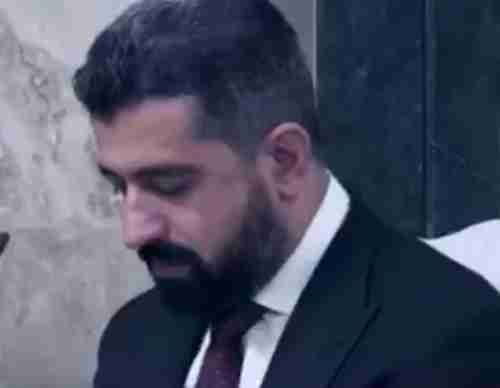
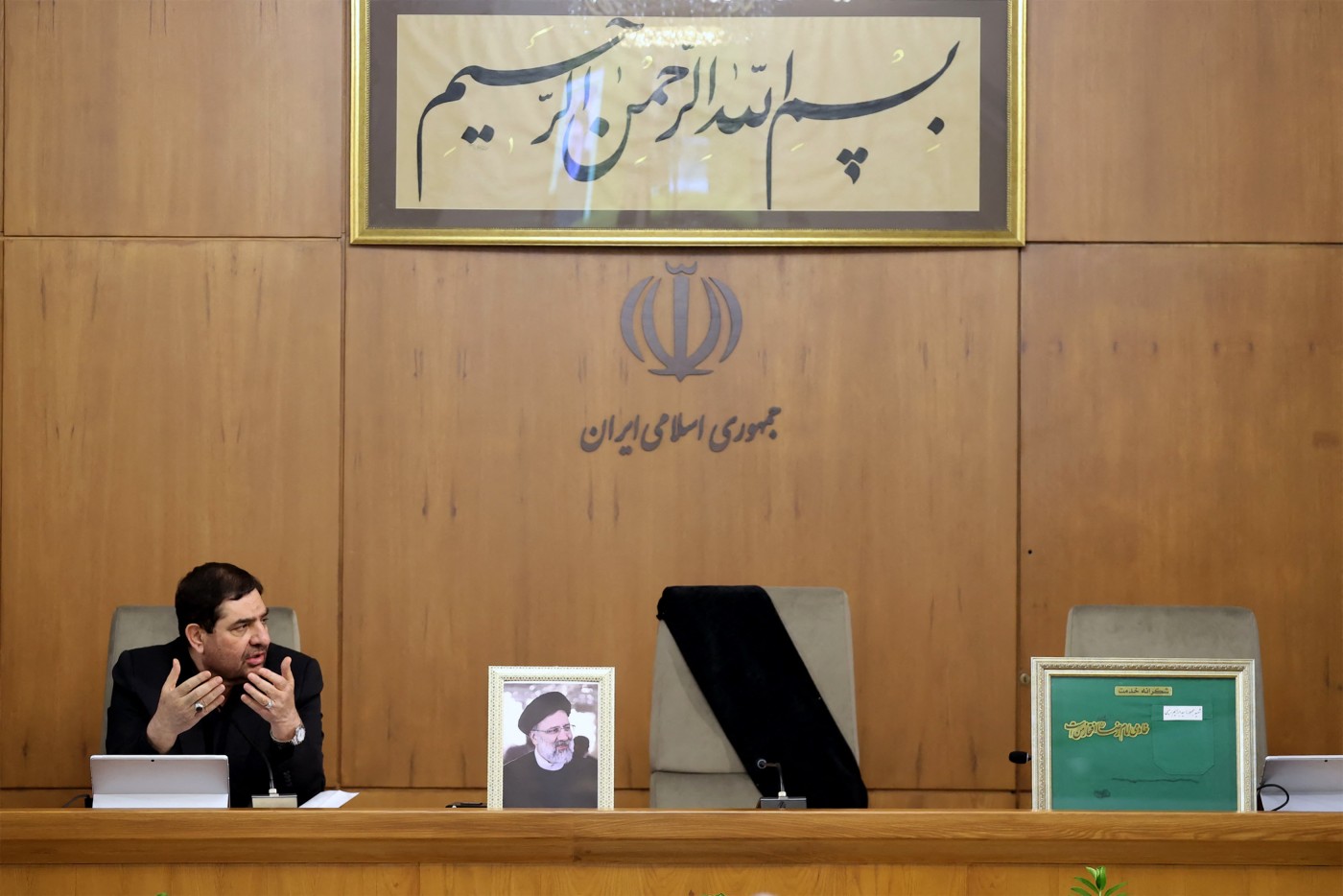
 Facebook
Facebook
 LinkedIn
LinkedIn
 Telegram
Telegram
 X
X
